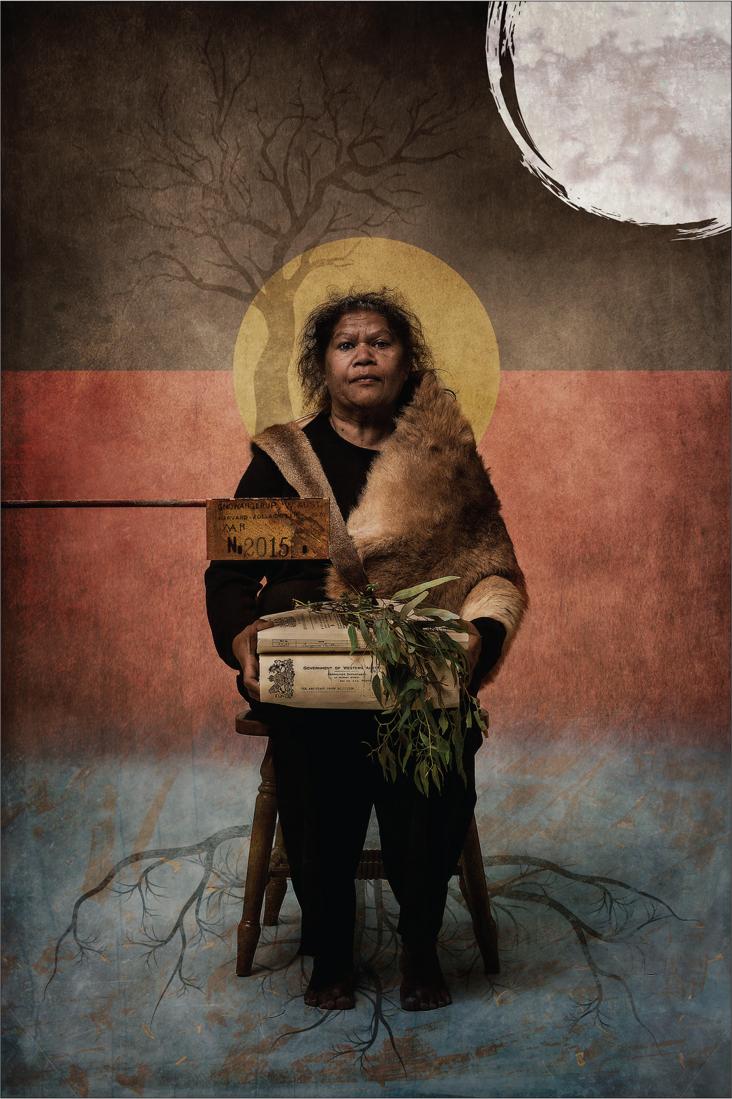This piece highlights the importance of a culturally-sensitive approach to the management of infectious diseases and wellness for Indigenous people that take into account the rich and specific cultural milieu of the different populations to make decisions together.

This Personal View supports SDGs 3 and 16 by presenting a case study using Indigenist health humanities to offer a way to understand planetary health. The authors indicate that embedding Indigenous knowledge and voices into planetary health education is important as part of decolonising learning in health professional education.
This Article supports SDGs 3, 5, 10 and 16 by assessing changes in stillbirth rates overall and for Black and White women, finding that there was a substantial racial disparity and suggesting that targeted health and social policies are needed to address this issue.
This study underwrites the pivotal role of voluntary work in reducing the impact of symptoms of stress on the development of depressive symptoms and the likelihood of being prescribed an antidepressant.
This viewpoint supports SDGs 3, 5, 10 and 16, focusing on the drivers of Black maternal mortality and advocating the collection of disaggregated data to support improvements in Black maternal health.
The criminalization of women’s healthcare in many USA states has created uncertainty about women’s access to evidence-based medical care and will affect the physical, mental, and emotional health and well-being of women. This article is intended to start a discussion on this complex topic in the immunology community.
This Article supports SDGs 3 and 16 by assessing gaps in the evidence on key health outcomes and inequalities in Latin American and Caribbean countries, focusing particularly on inequalities between people of African descent and people of non-African descent.
This Article supports SDGs 3 and 16 by assessing whether ethnicity influences the risk of out of hospital cardiac arrest in immigrants in Denmark. The authors emphasise that identifying ethnic disparities is important to understand and prevent out of hospital cardiac arrests and to reduce inequalities.

In support of the International Day for the Elimination of Violence Against Women, celebrated on 25 November 2022, Elsevier is proud to share a curated special issue with 25 freely available journal articles and 8 book chapters, as well as a podcast.
This chapter advances Goals 16 and 3 by discussing how the EAAF and other international organizations, such as the International Committee of the Red Cross (ICRC) and International Commission on Missing Persons (ICMP) work globally to address large-scale human rights abuses and humanitarian crises through support/substitution of forensic services and development of local medicolegal capacities.
